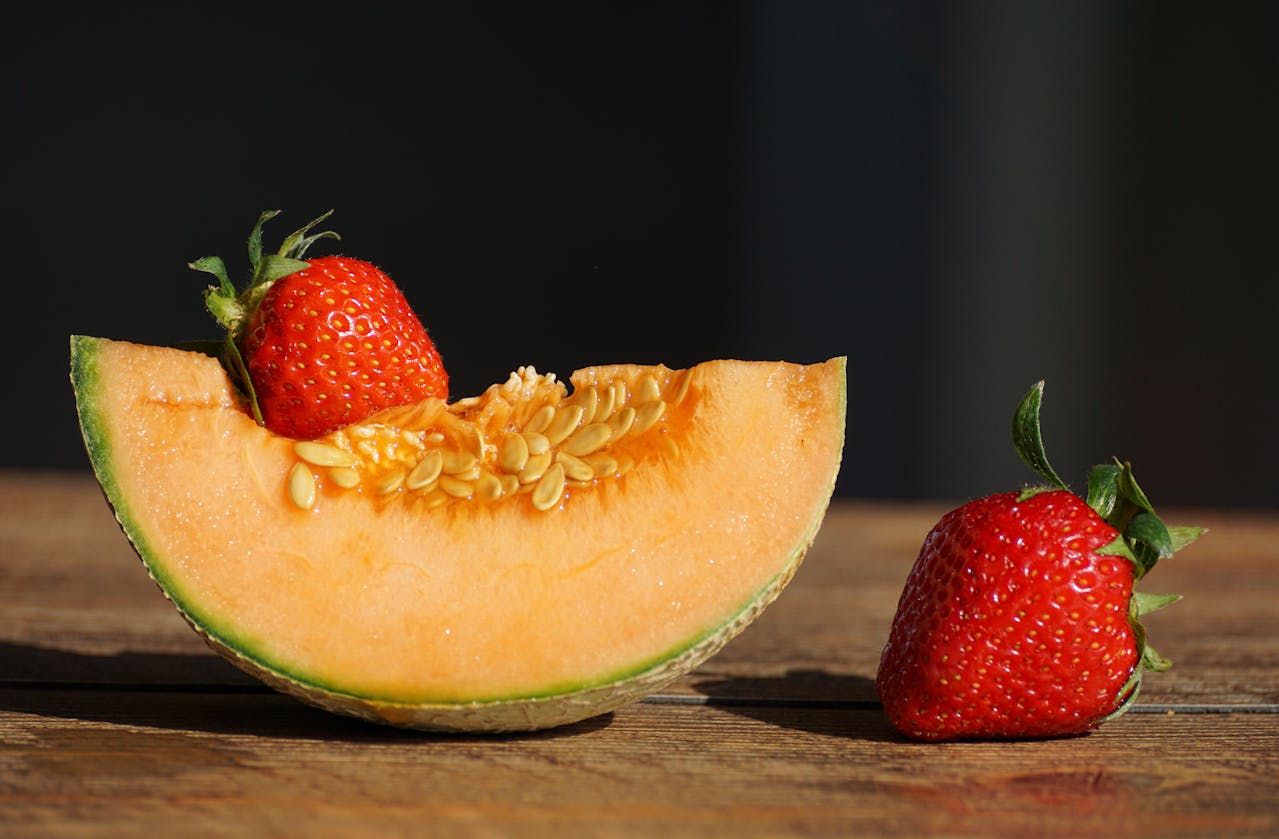Chronic kidney disease (CKD) is a prevalent health condition affecting millions worldwide, characterized by the gradual loss of kidney function over time. While medical interventions play a crucial role in managing CKD, dietary choices also significantly impact disease progression. Research suggests that certain foods can help slow down the advancement of kidney disease, providing patients with additional tools to manage their condition effectively. In this article, we delve into the science behind foods that may aid in slowing down the progression of kidney disease, offering insights and recommendations for individuals navigating this health challenge.
Understanding Chronic Kidney Disease
Before delving into dietary interventions, it's essential to understand the mechanisms underlying CKD. CKD is a progressive condition that impairs kidney function over time, leading to the accumulation of waste products and fluids in the body. Common risk factors for CKD include diabetes, high blood pressure, and family history of kidney disease. As kidney function declines, individuals may experience symptoms such as fatigue, swelling, and changes in urination patterns. Left unmanaged, CKD can progress to end-stage renal disease (ESRD), necessitating dialysis or kidney transplantation for survival.
The Role of Diet in Managing Kidney Disease
Dietary modifications are a cornerstone of CKD management, aiming to alleviate symptoms, slow down disease progression, and reduce the risk of complications. A well-balanced diet for individuals with kidney disease typically includes controlled intake of protein, sodium, potassium, and phosphorus. Additionally, certain nutrients and bioactive compounds found in foods have been studied for their potential to support kidney health and function. Understanding the role of specific dietary components can empower individuals to make informed choices that benefit their overall well-being.
Incorporating Plant-Based Foods
Plant-based foods, such as fruits, vegetables, legumes, and whole grains, are rich sources of vitamins, minerals, and antioxidants that support kidney health. Studies have shown that diets high in fruits and vegetables are associated with a lower risk of CKD progression and cardiovascular complications. These foods are naturally low in sodium, potassium, and phosphorus, making them suitable choices for individuals with kidney disease. Furthermore, the fiber content in plant-based foods promotes satiety and may help control blood sugar and cholesterol levels, which are important considerations for individuals with diabetes, a common comorbidity of CKD.
Emphasizing Omega-3 Fatty Acids
Omega-3 fatty acids, found primarily in fatty fish such as salmon, mackerel, and sardines, have anti-inflammatory properties that may benefit individuals with kidney disease. Chronic inflammation plays a role in the progression of CKD and is associated with complications such as cardiovascular disease. By incorporating omega-3-rich foods into their diet, individuals may help mitigate inflammation and reduce the risk of complications associated with kidney disease. For those who cannot consume fish regularly, plant-based sources of omega-3 fatty acids, such as flaxseeds, chia seeds, and walnuts, can be viable alternatives.
Limiting Sodium and Phosphorus Intake
Excessive sodium and phosphorus intake can exacerbate fluid retention, hypertension, and mineral imbalances in individuals with kidney disease. Therefore, limiting the consumption of processed and packaged foods, which are often high in sodium and phosphorus additives, is crucial for CKD management. Instead, opting for fresh, whole foods and using herbs and spices to flavor meals can help reduce sodium intake while enhancing the nutritional quality of the diet. Additionally, choosing phosphorus-free alternatives to dairy products and opting for lean protein sources can help individuals better control their phosphorus intake without compromising their nutritional status.
Conclusion
In conclusion, dietary choices play a significant role in slowing down the progression of kidney disease and improving overall health outcomes for individuals living with CKD. By incorporating nutrient-rich foods such as fruits, vegetables, legumes, and fatty fish into their diet while minimizing the consumption of sodium and phosphorus-rich foods, individuals can support kidney function and reduce the risk of complications associated with CKD. However, it's essential for individuals with kidney disease to consult with a registered dietitian or healthcare provider to develop a personalized nutrition plan that meets their specific needs and preferences. With proper dietary management and lifestyle modifications, individuals can take proactive steps towards preserving kidney function and enhancing their quality of life despite the challenges posed by CKD.

